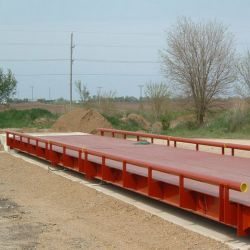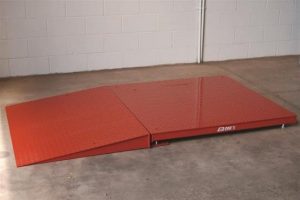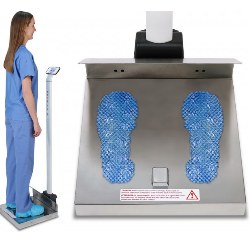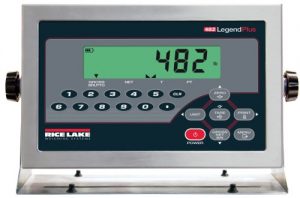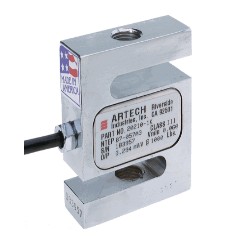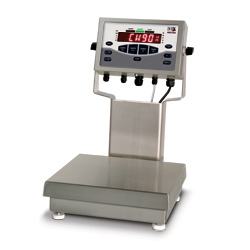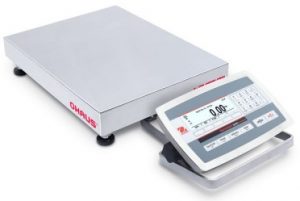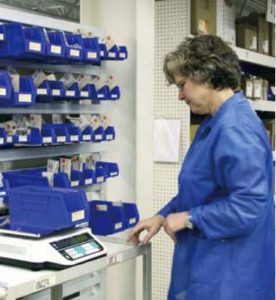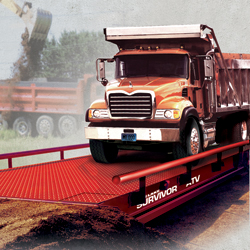In today’s globalized world, shipping boxes and pallets have become an essential part of our daily lives. From online shopping to business logistics, these containers play a crucial role in moving goods from one place to another.
However, as convenience and efficiency have increased, so have the challenges faced by customers when dealing with freight companies. One of the most significant challenges is the shift towards using dimensional measurements in addition to weight when determining shipping costs. This article explores the various hurdles customers face daily, and how they can navigate through them to optimize their shipping experiences.
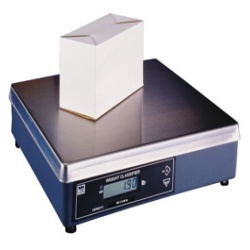
The Dimensional Dilemma
Traditionally, shipping costs were determined solely based on weight. You placed your box on your Mettler Toledo BC60 and the weight displayed in your shipping software. It was easy!
However, with advancements in technology and a growing focus on sustainability, freight companies have moved towards utilizing dimensional weight (DIM weight) calculations. DIM weight considers not only the actual weight of the package but also its dimensions to estimate the space it occupies in the carrier’s vehicle or aircraft. This means that even if a package is relatively light, its large size might result in higher shipping charges due to the wasted space it takes up in transit.
Customers are often caught unaware by this shift and may receive unexpected bills if they fail to measure their boxes accurately or overlook the significance of the dimensions. Furthermore, when shipping multiple items together, the combined dimensions can impact the total shipping cost significantly. If you’re shipping a decent amount of boxes or pallets each day, you’re going to get tired of taking out the tape measure or the yard stick. You need a more automated solution for obtaining your dim weights.
Automated Solutions
To ease the burden of manually calculating DIM weight and reduce the chances of human error, customers can leverage automation. Integrating shipping software that incorporates dimension measuring capabilities can streamline the entire process, providing real-time calculations and ensuring accurate billing.
Automated solutions can also help customers compare shipping rates between different carriers, allowing them to choose the most cost-effective option for their specific needs. This level of efficiency and transparency not only enhances customer satisfaction but also boosts overall productivity.
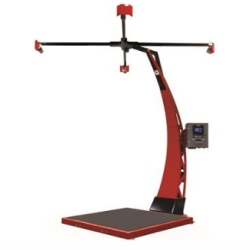
How Dimensioners Benefit Shippers
When shippers use an automatic dimensioner, they experience fewer invoice corrections, which saves time and money. Shippers can also use a Transportation Management System (TMS) to provide an eBOL with accurate data from a Legal for Trade dimensioner and scale save on freight rates. A TMS offers the carrier data transparency before pickup to help with load planning.
Accurate weights and dimensions are essential to ensure your invoice will match the original carrier quote. Because LTL carriers also rely on Legal for Trade measurement systems, using freight dimensioning systems in your facility can help everyone ensure correct freight classification.
By choosing a dimensioning system that includes high-resolution cameras, you will have images of freight as it leaves your facility, documenting its condition and verifying it was properly packaged and wrapped. This will allow you to hold your LTL carriers accountable for any damage to your freight.
Rice Lake Weighing Systems developed iDimension® Flex Series automatic dimensioners to help shippers prevent invoice corrections. A Legal for Trade dimensioner and scale is the best way to safeguard against reweighs, reclasses and unexpected chargebacks from LTL carriers. The economical iDimension Flex is designed for shippers—it is affordable, easy to install and maintain, and has a full integration toolkit to connect with your network.
The iDimension Flex is designed to fit nearly any shipping environment. It can be installed as a free-standing unit or suspended from the ceiling and mounted over a shipping scale, conveyor or pallet stretch wrapper. With the iDimension Flex, you can easily organize your shipping department to weigh, wrap and dimension freight in one efficient step. The iDimension Flex accurately measures your outbound freight, simplifying eBOL processes and increasing the trust LTL carriers have in your measurements.
Accurate Measuring – A Necessity
To overcome the dimensional measurement challenge, customers must prioritize accurate measuring of their shipping boxes and pallets. Investing in a reliable measuring tool, such as a tape measure or a dimensional weight calculator, can save them from unnecessary expenses. It is vital to measure the length, width, and height of the package, ensuring accuracy to the nearest inch or centimeter.
Some freight companies may also apply additional surcharges if the dimensions are not provided correctly, leading to further complications and financial strain for the customer. Hence, attentiveness to accurate measurements is crucial in avoiding billing disputes and promoting transparent shipping practices.
Packaging Optimization
Aside from accurate measurements, optimizing packaging is another way to navigate the challenges presented by dimensional weight. Selecting appropriate box sizes, eliminating excess void fill materials, and securing the contents efficiently can significantly impact DIM weight calculations.
Customers should consider using custom-sized boxes that snugly fit their products, reducing the amount of empty space within the package. Additionally, choosing lightweight but sturdy packaging materials can also help strike a balance between protection and weight reduction.
This is something we have worked on over the past few years and it has absolutely saved us (and our customers) money.
Collaboration and Communication
To enhance the shipping process, customers must establish clear lines of communication with their freight companies. Inquiring about their dimensional weight calculation methods, applicable surcharges, and any other cost-related factors will enable customers to make informed decisions and prevent unwelcome surprises in the final billing.
Additionally, maintaining open channels of communication allows customers to negotiate better shipping terms, especially for regular or bulk shipments. Building a healthy partnership with the freight company can lead to mutually beneficial outcomes, fostering a smoother shipping experience overall.
Education and Awareness
An essential aspect of overcoming the challenges of shipping boxes and pallets is fostering education and awareness among customers. Many individuals and businesses are still unfamiliar with the concept of DIM weight and its implications. Providing relevant information and resources on websites, customer portals, and through customer service representatives can empower clients to take the necessary steps to optimize their shipping processes.
Freight companies can also conduct workshops, webinars, or tutorials to educate their customers on best practices for measuring, packing, and shipping items. In the long run, informed customers will not only benefit from cost savings but also contribute to sustainability efforts by reducing the carbon footprint associated with shipping inefficiencies.
As a society, we probably ship more boxes and pallets than ever before. It’s important to find various ways to reduce the cost of moving these boxes from point A to point B. By embracing accurate measuring techniques, optimizing packaging, fostering communication, educating themselves, and adopting automated solutions, customers can navigate these challenges effectively. In doing so, they can not only reduce unnecessary expenses and billing disputes but also contribute to a more sustainable and efficient shipping industry.
